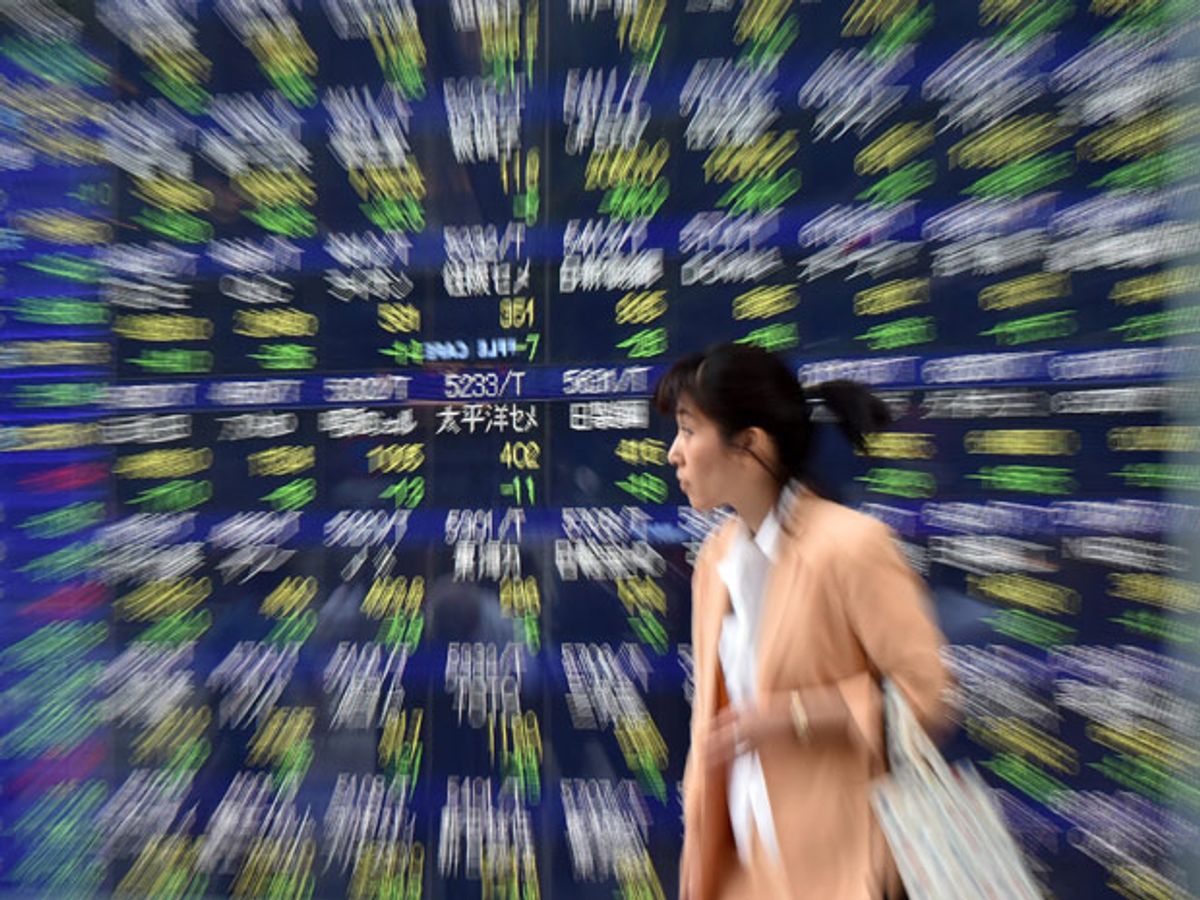This week’s IT Hiccup of the Week concerns yet another so-called “fat finger” trade embroiling the Tokyo Stock Exchange (TSE). This time it involved an unidentified trader who last week mistakenly placed orders for shares in 42 major Japanese corporations.
According to a story at Bloomberg News, the trader placed over-the-counter (OTC) orders adding up to a total value of 67.78 trillion yen ($617 billion) in companies such as Canon, Honda, Toyota and Sony, among others. The share order for Toyota alone was for 1.96 billion shares—or 57 percent of the car company—amounting to about $116 billion.
Bloomberg reported that its analysis “shows that someone traded 306,700 Toyota shares at 6,399 yen apiece at 9.25 a.m. ... The total value of the transaction was 1.96 billion yen. The false report was for an order of 1.96 billion shares. [The Japan Securities Dealers Association] said the broker accidentally put the value of the transaction in the field intended for the number of shares.”
The $617 billion dollar order, which Bloomberg said was “greater than the size of Sweden’s economy and 16 times the Japanese over-the-counter market’s traded value for the entire month of August,” was quickly canceled before the orders could be completed. Given the out-sized orders and that OTC orders can be canceled anytime during market hours, it is unlikely that the blunder would have gone unfixed for very long, but the fact that it happened resurrected bad memories for the Tokyo Stock Exchange.
Back in 2005, Mizuho Financial Group made a fat finger trade on the TSE that could not be canceled out. A Financial Times of London story states that, “Mizuho Securities mistakenly tried to sell 610,000 shares in recruitment company J-Com at ¥1 apiece instead of one share at ¥610,000. The brokerage house said it had tried, but failed, to cancel the J-Com order four times.” The mistaken $345 million trade cost the president of the TSE along with two other exchange directors their jobs.
Then in 2009, a Japanese trader for UBS ordered $31 billion worth of bonds instead of buying the $310,000 he had intended, the London Telegraph reported. Luckily, the order was sent after hours, so it was quickly discovered and corrected.
A little disconcerting, however, was a related Bloomberg News story from last week that quoted Larry Tabb, founder of research firm Tabb Group LLC. According to Tabb, despite all the recent efforts by US regulators and the exchanges themselves to keep rogue trades from occurring (e.g., the Knight Capital implosion), fat finger trades still “could absolutely happen here.”
“While we do have circuit breakers and pre-trade checks for items executed on exchange,” Tabb told Bloomberg, “I do not believe that there are any such checks on block trades negotiated bi-laterally and are just displayed to the market.”
Don’t insights like that from a Wall Street insider just give you a warm and fuzzy feeling about the reliability of financial markets?
In Other News…
Computer Glitch Affects 60,000 Would-be Organ Donors in Canada
Korean Air New Reservations System Irritates Customers
Ford Recalls 850,000 Vehicles to Fix Electronics
Mitsubishi i-MiEV Recalled to Fix Software Brake Issue
Doctors’ “Open Payments” Website Still Needs Many More Government Fixes
Apple iOS 8 Hit by Bluetooth Problems
Electronic Health Record System Blamed for Missing Ebola at Dallas Hospital
Robert N. Charette is a Contributing Editor to IEEE Spectrum and an acknowledged international authority on information technology and systems risk management. A self-described “risk ecologist,” he is interested in the intersections of business, political, technological, and societal risks. Charette is an award-winning author of multiple books and numerous articles on the subjects of risk management, project and program management, innovation, and entrepreneurship. A Life Senior Member of the IEEE, Charette was a recipient of the IEEE Computer Society’s Golden Core Award in 2008.




